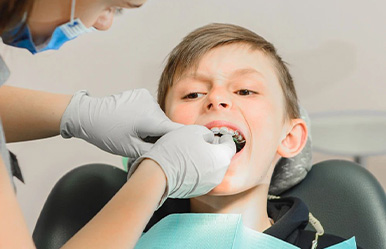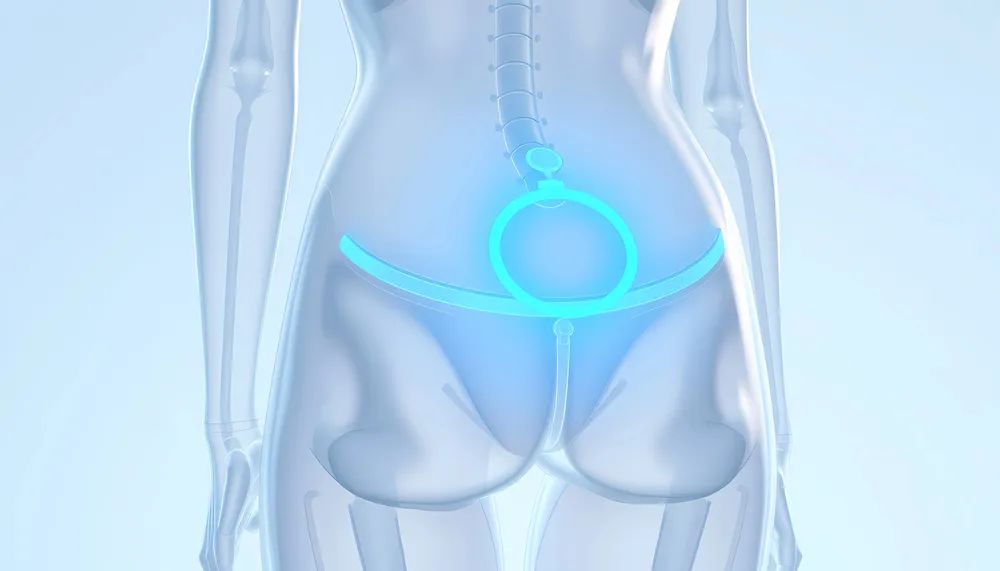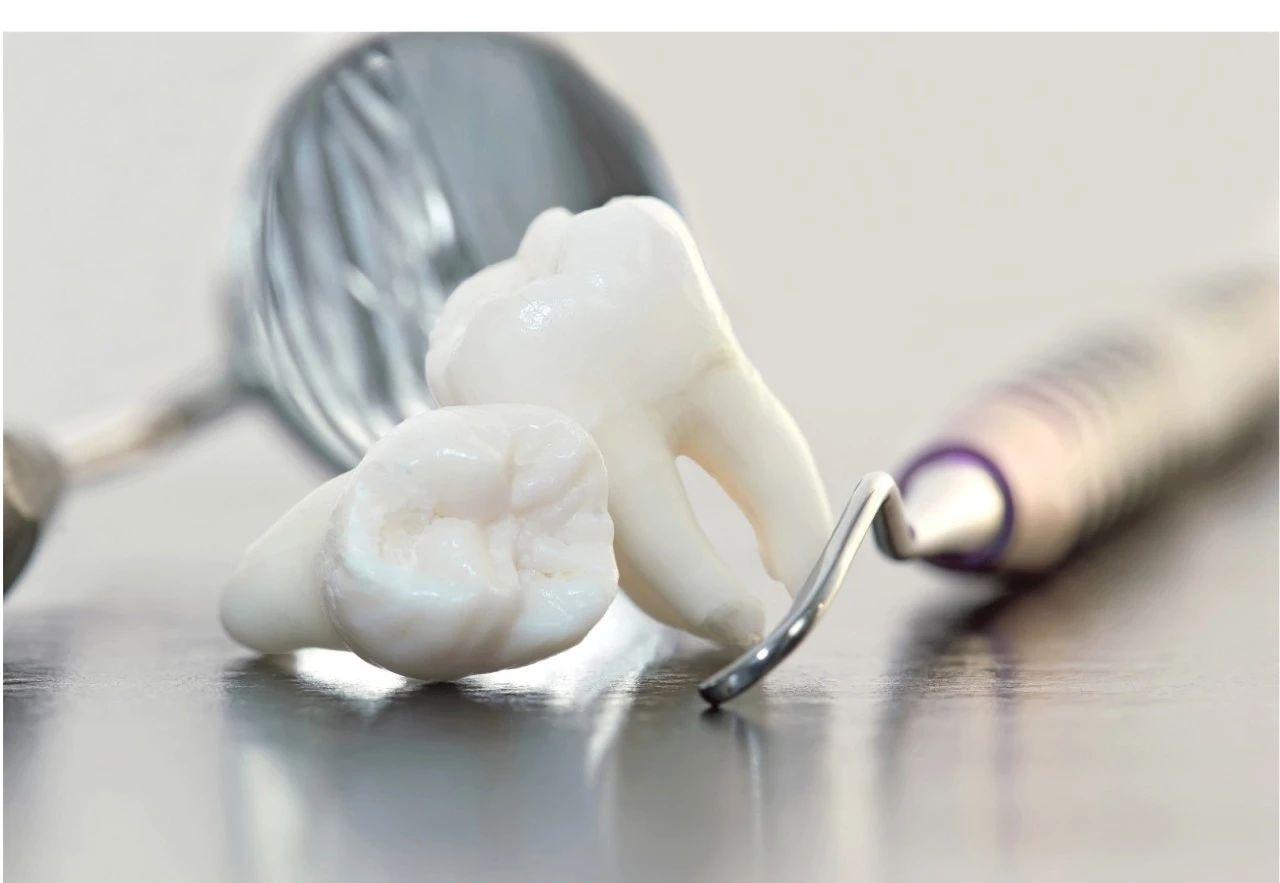A Beginner's Guide to Health Screenings
2021-06-29

With a myriad of health check-up packages and health screening options available today, it can be confusing deciding which to go for. Read on and find out which types of health screening are most suitable for you.
What are health screenings?
A health screening helps to detect diseases or medical conditions in people. Health screenings involve consultation with a medical professional followed by physical examinations, laboratory, radiology and other tests.
Why should I go for a health screening?
Going for health screenings can help you to detect diseases and medical conditions at an early stage, even if you feel perfectly well. Diseases like diabetes, high blood pressure and high blood cholesterol may not have any symptoms at an early stage, and are often called “silent killers”. Similarly, colon, cervical and breast cancer may start as pre-cancerous lesions and patients may not feel unwell. At times, the cancer may have developed to an advanced stage when one develops symptoms. Early detection of diseases through timely health screening allows for early intervention and prevention of complications without relying on the presence of symptoms as a gauge of one’s health.
What are the types of health screening available?
Basic Health Screening
Basic health screenings generally include screening for obesity, diabetes, high blood pressure and high cholesterol. You should start monitoring your body mass index, waist circumference and blood pressure from 18 years old, and your blood glucose and cholesterol levels from 40 years old. If you have a family history of these medical conditions, you should begin screening at an even earlier age.
It has also become increasingly convenient for patients to have their blood tested. In the past, patients screening for diabetes and high blood cholesterol needed to fast beforehand. Now, there are alternative blood tests which do not require patients to fast, which test for Hba1c and non-fasting cholesterol levels as indicators for diabetes and cholesterol respectively.
Comprehensive Health Screening
Comprehensive health screenings consist of further health tests in addition to a basic health screening. Although there are many different tests available, not all of these additional tests can benefit everyone. Doctors will assess patients based on their risks factors and lifestyle habits that can lead to a disease. This risk factor assessment commonly considers the patient’s family history of chronic or hereditary diseases, occupation and whether they smoke. The benefits and risks of these tests are also discussed with patients. For instance, although the treadmill stress test can detect coronary heart disease in some people, it may also give rise to false positive results in a small group of patients. The false positive results can lead to more invasive cardiac tests, causing unnecessary anxiety in patients.
Specific Health Screening
Nowadays, cancer screening has become increasingly important. Early detection has been proven to be able to save lives. To date, there is strong evidence to support the screening of colon, breast and cervical cancers which are highly treatable when detected early. Adults aged 50 years and above should undergo a stool test for blood or colonoscopy for colon cancer screening. Females aged 50 years and above are recommended to be screened regularly for breast cancer. Individuals with high risk for colon and breast cancers, such as individuals with a strong family history of these cancers, should undergo screening at an earlier age. In addition, females above the age of 25, who have had sexual intercourse, should be screened for cervical cancer. The Pap smear and HPV DNA tests are good screening tools in early detection of cervical cancer.
Are tumor markers helpful for cancer detection?
At present, there are two tumor markers which can be used to screen for liver and prostate cancers. The Alpha-Fetoprotein (AFP) tumor marker test is recommended for the screening of liver cancer in hepatitis B carriers or individuals with liver cirrhosis (a condition in which the liver does not function properly due to long-term damage). For prostate cancer, the Prostate-Specific Antigen (PSA) test is a useful screening tool for prostate cancer in men aged 50 - 70 years old. Other tumor markers have a limited role in the detection of cancers because they are not specific in diagnosing cancers and there are more suitable cancer-screening tests available.
Which health screening tests should I go for?
You are strongly encouraged to consider the screening tests listed in table A. If you have certain risk factors, you may wish to consider a more comprehensive health screening with the specific tests listed in table B. Our doctors will be able to discuss with you and guide you towards making the best decision for your health screening.
Table A: Age-specific health screening tests recommended for the general population
Recommended for | Screening test | ||
Individuals aged 18 years and above | Obesity |
| Screening test |
Coronary Heart Disease |
| ||
Thyroid Disorder | Thyroid Function Test | ||
Gastrointestinal
systemFecal
immunochemical test (FIT) – DNA test | |||
Gastric Cancer | Esophageal-Gastro-Duodenoscopy | ||
Liver Cancer |
| ||
Diabetic Albuminuria / Nephropathy | Urine Microalbumin / Creatinine ratio | ||
Kidney Disorder / Dysfunction |
| ||
Anemia (Iron-deficiency) | Full Blood Count | ||
Thalassemia | Thalassemia Screen | ||
Infectious
diseaseSyphilis Enzyme Immunoassay (EIA) | |||
Tuberculosis |
| ||
Osteoporosis | Bone Mineral Density (BMD) Scan | ||
Spastic Hip Displacement | Pelvis X-ray (Antero-posterior) | ||
Neurological System | |||
Breast Cancer | MRI Breast | ||
Endometrial Cancer | Ultrasound Pelvis | ||
Ovarian Cancer | Transvaginal Ultrasound | ||
Antenatal and Fetal Abnormalities (Congenital) | Antenatal and pregnancy screening tests | ||
Down syndrome | Down syndrome screening | ||
"Maternal colonization with GBS in pregnancy | Vaginal and Rectal swab | ||
Ophthalmology (Eye) | |||
Hearing Loss in Adults | Audiometry | ||
Nasopharyngeal Carcinoma |
| ||
Lung Cancer | Low-dose CT Screening | ||
For more information or to book a > health screening, please call 400.819.6622.
Article reviewed by Dr. Rubing Wei, Family Physician at ParkwayHealth

Copyright: Health Plus an online health and wellness web resource developed by Parkway Singapore
References:
The ABCs of Health Screening. (2020, November 23). Retrieved December 24, 2020, from https://www.healthhub.sg/live-healthy/403/abcs_of_health_screening
Report of the Screening Test Review Committee (Rep.). (2019, March). Retrieved December 24, 2020, from Academy of Medicine, Singapore website: https://www.ams.edu.sg/view-pdf.aspx?file=media%5c4817_fi_59.pdf&ofile=STRC+Report+March+2019.pdf





























